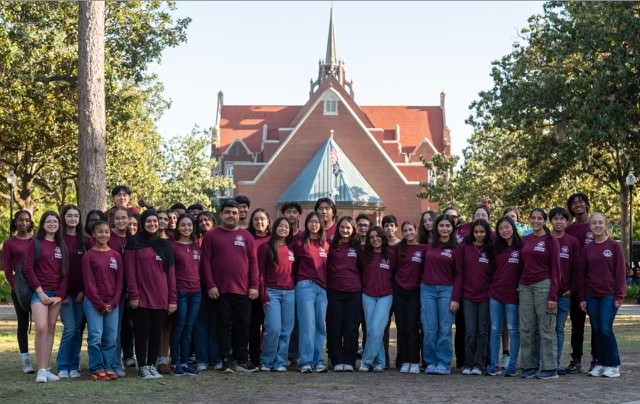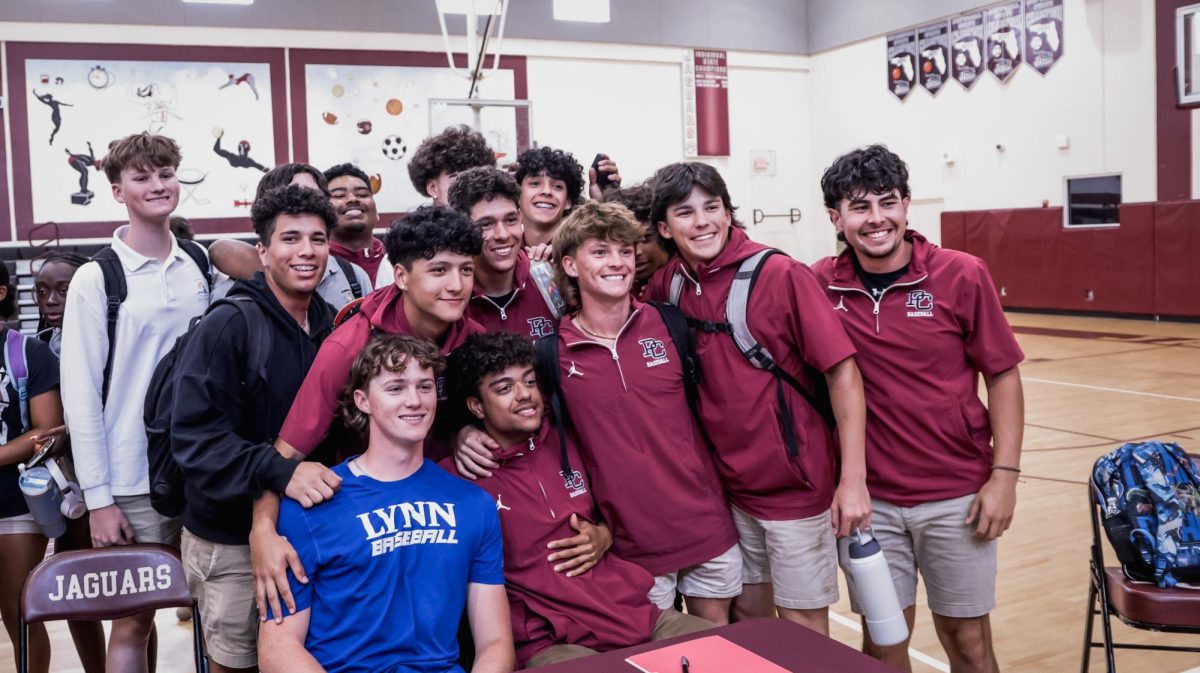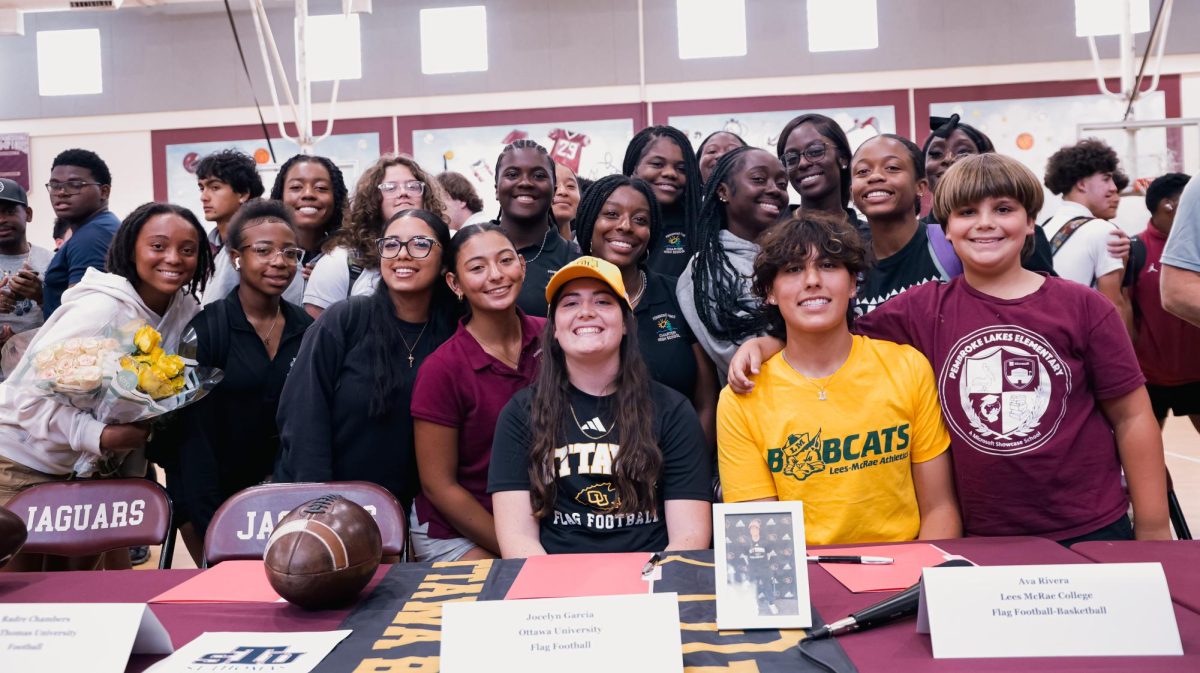This past month, students have been held in class due to strong weather more times than any other time this year. Lectures, assignments, and even tests have been pushed back as far as weeks for some teachers.
Why were these weather holds happening so frequently anyway? Well, the Broward County policy on thunderstorms has been changed this year. The lightning sirens that surround the campus have been around for years and years, but now, if the alarm sounds due to thunder in the area, no one is allowed to move outside until fifteen minutes pass, during which there’s no lightning. During a thunderstorm, lightning is a frequent occurrence, meaning that students can be held repeatedly, with no real limit to how long the weather can last. After all, safety is the school district’s top priority.
Although the frequent weather holds haven’t been as frequent in previous years, there isn’t more rain this year. It’s simply that South Florida is rounding out the end of its rainy season, which stretches from early May to mid-October. According to the National Weather Service, July to early September is the peak of the rainy season, where the most rainfall, hail, wind, and lightning strikes occur.
While the rain isn’t much of a safety issue for PPCHS, the lightning that ensues certainly is — and the lightning is no joke. Believe it or not, Pembroke Pines, Florida, is ranked number 12 in the entire USA for the most amount of lightning strikes per year, while other local cities like Miramar sit at number 8.
Many students rejoiced in being able to skip their 6th-period classes, however, the storms have caused some real issues for the school. Not only did the school’s grounds become partly flooded and extremely muddy, but the entire curriculum was pushed back significantly. Due to the weather holds, which happened several times in a row during 5th period, 6th-period classes were set back at least 3 days, starting on Sept. 18th. For teachers who had tests planned for those days, their schedules became even more convoluted.
“It set me back at least two sections of my unit,” said Dr. Garcia, while discussing how the weather complicated the schedule for his AP World History class. “I have a lot of content to cover for AP World, so I was pretty much set back a whole week.” While the administration attempted to compensate for missed time by extending the 6th-period time the next week, the classes were still significantly delayed. Teachers had to decide whether to give their tests to all their classes besides 6th, and delay their entire curriculum, or change the test dates. Dr. Garcia opted to delay all of the tests, which gave his students more time to study for them. “It did give me more time to review, but I think that in the long term, it might come to be harmful, just because it shortens [the] time of when I should finish the curriculum.”
Likewise, almost all students were affected by the holds. While students in Mrs. Guzman’s AICE Math class reported that class continued as normal for the students in periods 1-5, other students were affected negatively by the weather. Brandon Hyacinth, a junior, said that the delays affected his class’s ability to take a test. “For my 6th period class, we had to miss a whole test, and I had to take it after school. It was kind of inconvenient.” Though it was an inconvenience, the delays may have helped students. The delays were instead seen as extra study time, or disposable time to complete homework assignments.
Fortunately for teachers and students alike, these weather complications are likely to be a thing of the past in less than a month, as October fast approaches. With the start of fall, the rainy season will draw to a close as the temperature drops.








